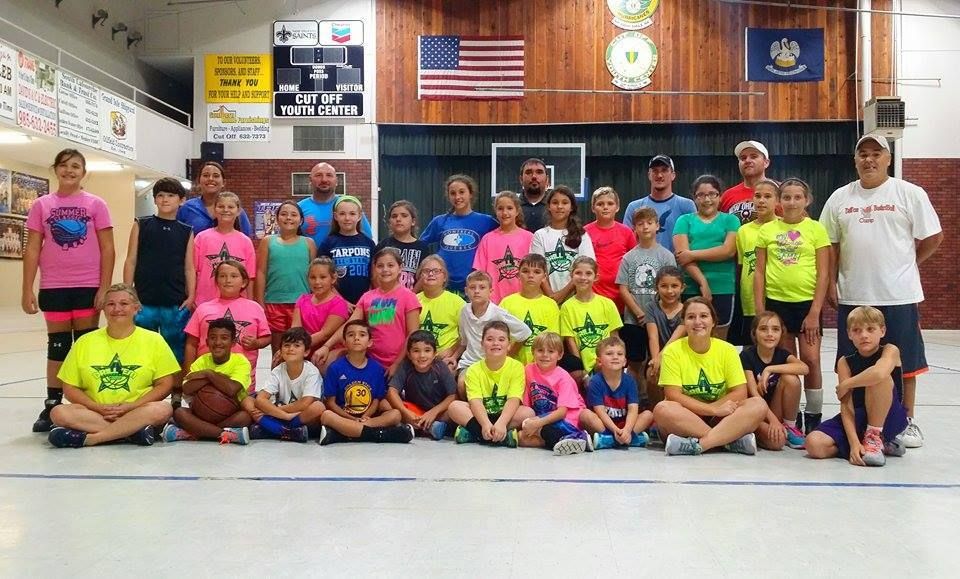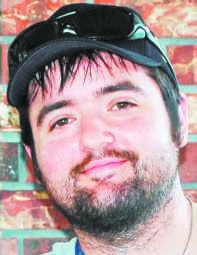
Drill’em Camp sparking basketball surge in south Lafourche
September 2, 2015
Sports Picks are here!
September 4, 2015By now you are probably well aware of the extensive courage of the 10th anniversary of Hurricane Katrina. I would like to approach the storm from a spiritual point of view.
The storm brought out the best and the worse in humanity. Some people were stealing and looting stores, while others were saving lives. I would like to share some positive aspects of this devastation.
When Katrina was close to making landfall, I was coming back from my vacation. I went from my house down the bayou to St. Genevieve, where I was stationed. Shortly after I arrived, various people started to call and ask if they could stay at the rectory during the storm. My response was always “yes,” we were glad to do whatever we could.
Most of the problems occurred not because of the storm, but the aftermath – when the levees broke in New Orleans.
Two friends came with a student who was about to enter Tulane University as a freshman. My niece and a friend were rescued from the third floor of St. Dominic School in New Orleans. Both of them, plus a man rescued from the attic of his house in that area, were taken to Nicholls State University Gym in Thibodaux.
I picked up my niece, her friend and the elderly gentleman and brought them to St. Genevieve Rectory. My brother and his wife, who was in the hospital during the storm, later joined us. We had a diverse group of people, to say the least.
One of the biggest problems when a disaster hits is getting over the initial shock and putting the pieces together again. Losses and calamities can paralyze us. For some of these evacuees, their homes were completely destroyed. There was no possibility of returning to the way life was before the storm. People were completely devastated.
My responsibility, as pastor, was to provide whatever pastoral care I could for the evacuees housed on Nicholls campus. My friend, Sister Carmelita, a psychologist, was assigned to the Bessie Cheramie Ayo building where those with mental and physical health issues were housed.
An important task was to help people regroup and move on with their lives. That was easier for the Tulane student, whose parents picked her up and brought her back to Texas. In the security of her home, she could adjust her plans for the coming semester.
However, for those who lost their homes and most of their possessions, going forward was extremely difficult. They had to come up with a temporary plan of where to stay while they sought a more permanent situation in life. When you are in a state of shock, that’s more easily said than done.
That’s where love comes in. Jesus said, “Whatever you do to the least of my brothers and sisters, you do to me.” Helping a person think through the possibilities for their future can be a tremendous blessing. When we help another person get over the initial shock of a disaster and start planning for the future, we have rendered a great service. We all need a vision of where we are going.
Our two friends from New Orleans, Jack and George, had excellent organizational skills and extensive experience in that area. They assumed the responsibility of connecting evacuees with family members. These contacts were a tremendous blessing. Jack and George helped people move from a hopeless situation to seeing new possibilities. Those impacted by the storm had a renewed vision of life.
Other people behind the scenes, such as parishioners from St. Genevieve and other church parishes in the Thibodaux area, would bring food and clothing for the evacuees. One group assumed the responsibility of washing the clothes for evacuees. That’s the kind of love that Jesus promoted.
That’s where love comes in. Jesus said, ‘Whatever you do to the least of my brothers and sisters, you do to me.’








